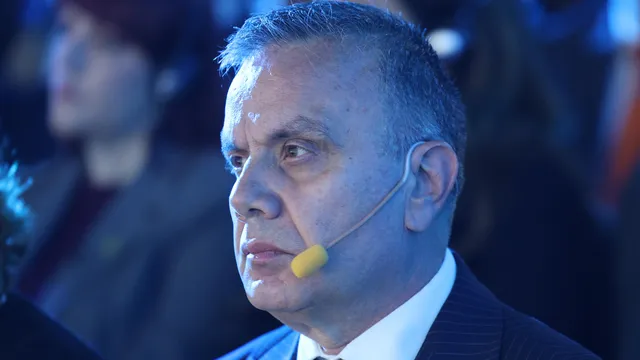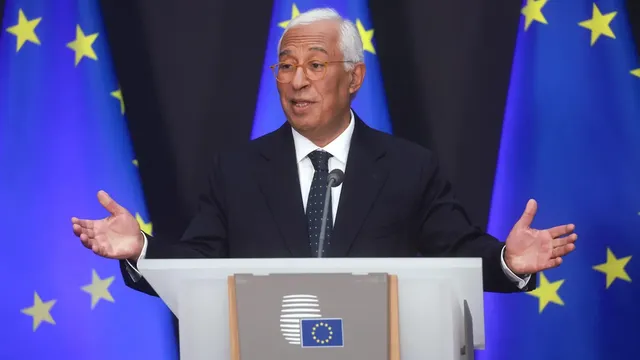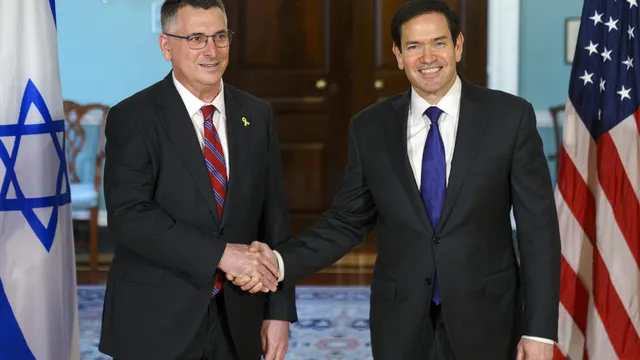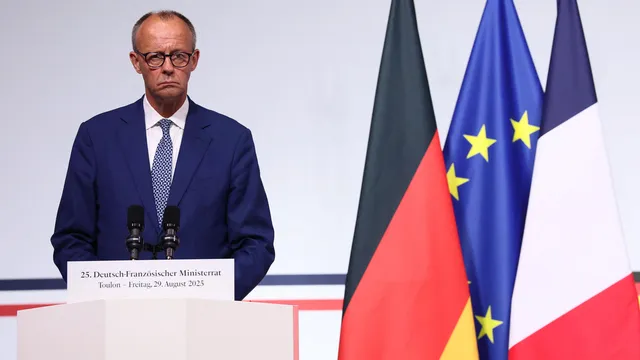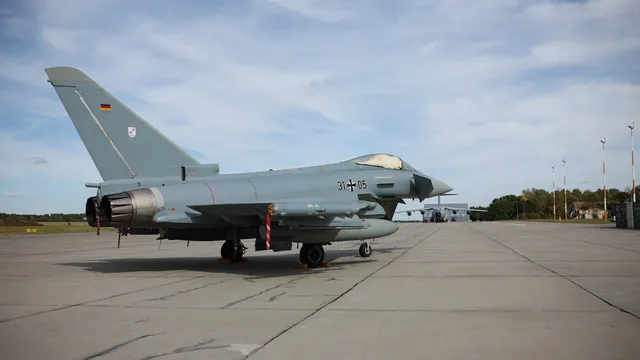The problem for Macedonia is not the inclusion of Bulgarians in the constitution. We have proved that we respect human rights and ethnic minorities. We have no problem with this, but we fear that our accession will become a bilateral issue and will depend on the outcome of the Historical Commission between Bulgaria and the North Macedonia.
Such commissions had been working between Poland and Germany for decades after the Second World War, and will probably do so now. Neither side is backing down from the historical narrative. It is very difficult to reach a shared decision on some issues.
This was stated by Deputy Foreign Minister of North Macedonia Zoran Dimitrovski, BGNES reports. He took part in the forum "EU meets the Balkans", which is taking place in Sofia.
"We started the European integration together with Croatia, who is already a member, while we are not. We changed the name of our country - a bilateral criterion, we had to give up many important attributes of our identity, but we are still not in the EU. There are still bilateral criteria. I am very glad that Mrs Yotova said that there will be no additional criteria and demands from Bulgaria, but the problem is the demands that have already been made," Dimitrovski said.
Regarding Corridor 8, he said that Corridor 8 is very important for NATO and North Macedonia, as well as Corridor 10.
"We heard that Bulgaria is directing the budget to other railways in other parts of the country. We agree on building it, but it costs a lot of money. We need European funds so that we do not take loans from China. We want Bulgaria to help us, to apply together for European funds," the deputy minister said.
Dimitrovski pointed out that his country and all other former Yugoslav countries need the US to maintain its commitment to the Western Balkans.
"We have a strategic partnership with the US. That is why it is important for us that they guarantee security in the Balkans. It will take time for Europe to have full capacity to guarantee the security of the continent. The development of new military alliances in the Balkans that include NATO countries could be counterproductive. These military alliances supported by Croatia and Hungary will not work", he said. | BGNES

 Breaking news
Breaking news
 Europe
Europe
 Bulgaria
Bulgaria
